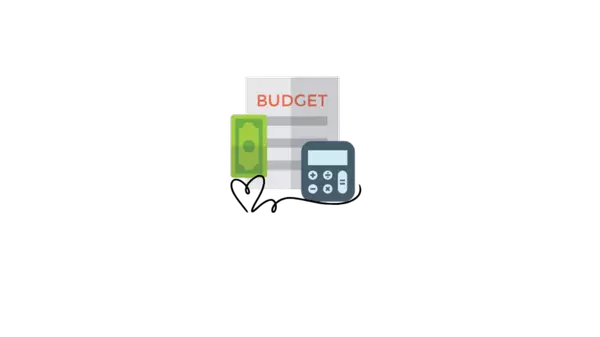Tips for First Time Buyer

Know Your Numbers: Budget Wisely: Stick to the 28/36 rule—housing expenses shouldn’t exceed 28% of your gross monthly income, and total debts should stay under 36%.
Save for the Extras: Beyond the down payment, plan for closing costs (2–5% of the home price),
moving expenses, and an emergency fund for unexpected repairs. Pro Tip: Set up a monthly “trial run” by living as if you already have a mortgage. Save the difference to ensure it’s manageable.
Start with Pre-Approval: We have several trusted lenders we can recommend, but a great starting point is the bank or credit union you already work with. Meet with lenders to get a clear picture of how much house you can afford and secure a pre- approval letter.
Compare rates AND Fees from multiple lenders—this could save you thousands over the life of the loan.
Explore First-Time Buyer Programs: Check out FHA loans (low down payments), VA loans (for veterans), or USDA loans (for rural areas). Many states and cities also offer down payment assistance programs or tax credits—don’t leave free money on the table!
Find a Realtor You Trust – We’d be honored to interview for the job, but we encourage you to explore your options. Your agent should be someone you feel comfortable with, who truly
understands your needs, knows the local market inside and out, and is dedicated to advocating for your best interests every step of the way.
Prioritize Location: You can always change a home’s features, but you can’t move it. Drive through neighborhoods at different times of day, research school districts, and look for nearby amenities that matter to you. Pro Tip: Think about your future—will the location suit your lifestyle in 5–10 years?
Define Your Must-Haves: Focus on non-negotiables like the number of bedrooms, commute times, or outdoor space.
Don’t sweat the small stuff, like paint color or outdated fixtures—they’re easy to change. Pro Tip: Have a “dealbreaker” checklist so you don’t waste time on homes that won’t work for you.
Avoid Overextending Yourself: Just because you’re approved for a certain amount doesn’t mean you should spend it all. Leave room in your budget for home maintenance, future expenses, and emergencies. Pro Tip: Resist the urge to stretch your budget for a “dream home.” Buying smart now sets you up for future upgrades.
Keep Your Emotions in Check
It’s easy to fall in love with a home, but make sure it’s a good financial and practical decision. If the deal doesn’t feel right, walk away—another home will come along. Pro Tip: Don’t let bidding wars push you beyond your budget. Stick to your plan.
Think Long-Term: Consider resale value when buying. Are there features that will appeal to future buyers, like good schools or energy-efficient upgrades? Plan to stay in your home for at least 5–7 years to build equity and offset transaction costs. Pro Tip: Think of your first home as a stepping stone, not your forever home.
Categories
Recent Posts










